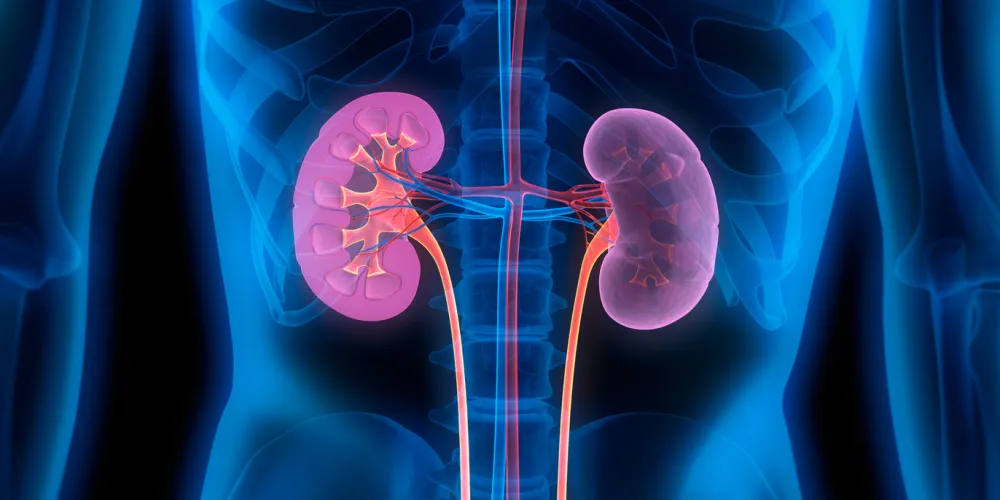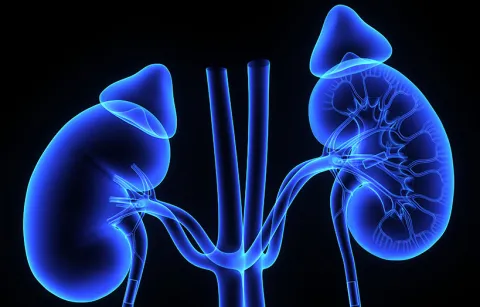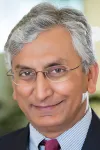Urgent call for policy reform to ensure global equity in organ transplantation

New research highlights critical disparities in access to life-saving transplants, underscoring the need for equitable solutions across low- and middle-income countries.
Solid organ transplantation has improved globally due to advancements in organ preservation and improvements in immunosuppression. However, many patients, particularly in low- and middle-income countries (LMICs), still struggle to access these services. A new research paper emphasises the need for policy changes to ensure equitable access to life-saving transplants for underserved and marginalised populations.
The study outlines a policy agenda to address disparities in access to transplantation and post-transplant care. These disparities are not just local issues, but global challenges that affect the lives of many. Despite organ transplantation being a cost-effective therapy, challenges include a low donor pool and limited immunosuppressive medication resources. Significant disparities exist, with high-income countries, such as the USA, Spain, and South Korea, reporting over 100 transplants per million annually. At the same time, many regions in Africa, Asia, and South America remain below 20 per million.
As we strive to advance global health, we must prioritise public investment and accountability, ensuring that innovative treatments are accessible to all, regardless of socio-economic status
By:Dr Vivekanand Jha
Co-author and Executive Director, The George Institute for Global Health, India
The paper categorises transplant systems into five groups. Category 1 countries lack transplant centres, forcing patients to seek transplants abroad, which raises equity concerns and risks of organ trafficking. Category 2 countries have limited centres developed through partnerships, primarily focusing on kidney transplants, but face urgent needs that often exceed capacity. In category 3, countries like Egypt and Vietnam perform living donor transplants yet struggle with multiorgan transplants due to insufficient infrastructure. Category 4 includes nations such as South Africa and India, which have multiple transplant centres but face challenges with funding and prioritisation. Finally, category 5 comprises countries such as the USA and Spain, characterised by regulated transplant systems and robust frameworks aimed at enhancing equity in access to transplant services.
India is placed in Category 4, facing challenges in public investment and care coordination despite existing frameworks. In India, most transplants occur in private hospitals concentrated in urban areas, with no comprehensive national policy covering transplantation costs, despite available free dialysis in many states.
India is poised to make significant advancements in transplant capabilities. Looking ahead, we must focus on ensuring that these life-saving treatments are accessible to every Indian, regardless of their location or income. This will require targeted public investment, comprehensive policy reform, and robust accountability mechanisms.
By:Dr Vivekanand Jha
Key recommendations from the study include:
- Establishing a national organ transplantation registry with metrics to track access gaps.
- Strengthening public sector transplant infrastructure and incentivising equitable service expansion.
- Providing financial protection for recipients and living donors through national insurance policies.
- Standardising transplant eligibility and organ allocation criteria for fairness and equity.
- Improving access to affordable post-transplant care, including immunosuppressive medication and telemedicine.
Ultimately, reducing disparities in transplantation requires evidence-based policy, robust data systems for monitoring, and a continuous focus on advancing equity throughout the transplant process.
The research paper, 'Policy Innovations to Advance Equity in Solid Organ Transplantation', is part of The Lancet's series promoting equitable access to life-saving organ transplantation treatments.
DOI Link: https://www.thelancet.com/journals/lancet/article/PIIS0140-6736(25)00712-3/abstract?rss=yes
Gallery
Stay connected and updated
Subscribe to our mailing list for the latest news, events, and updates in health research.


